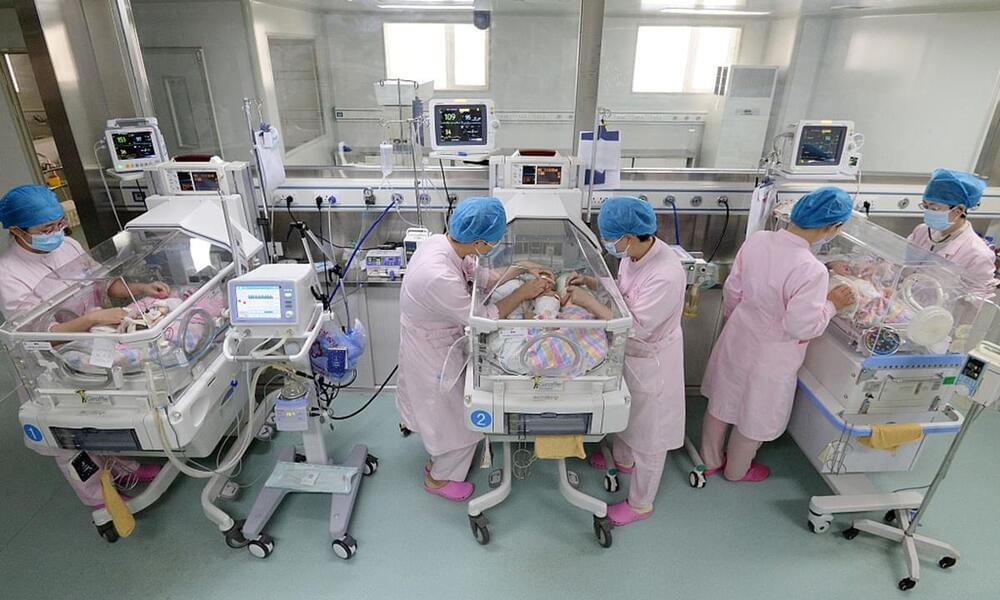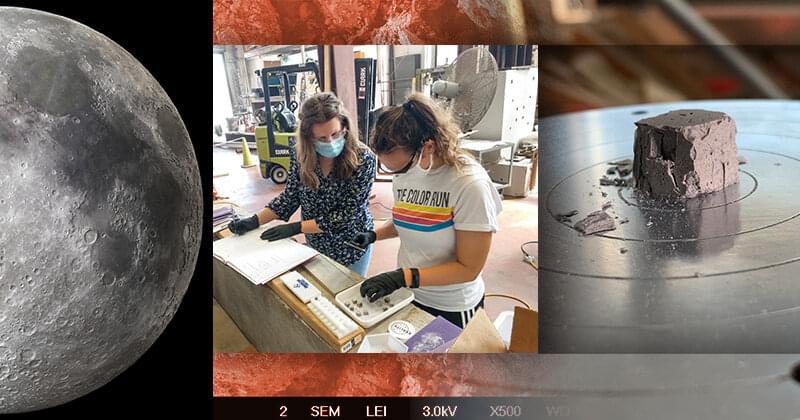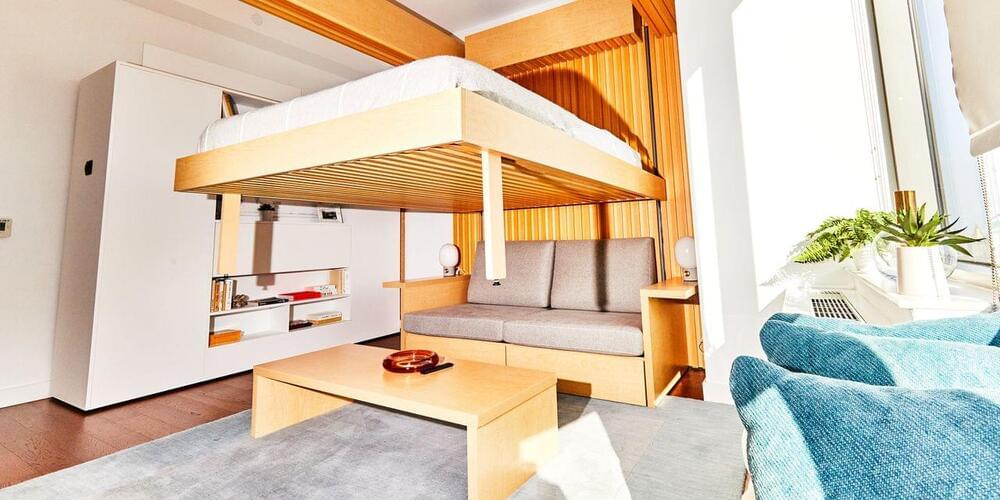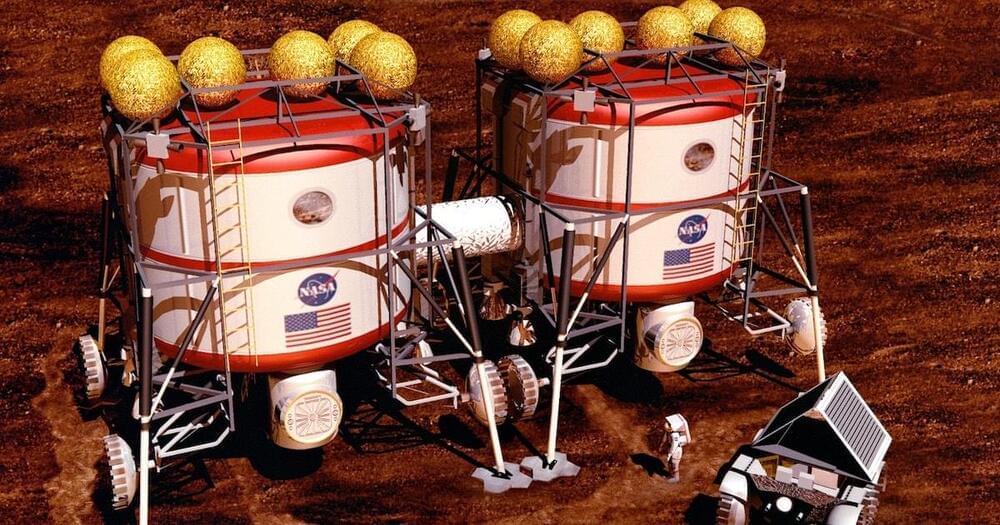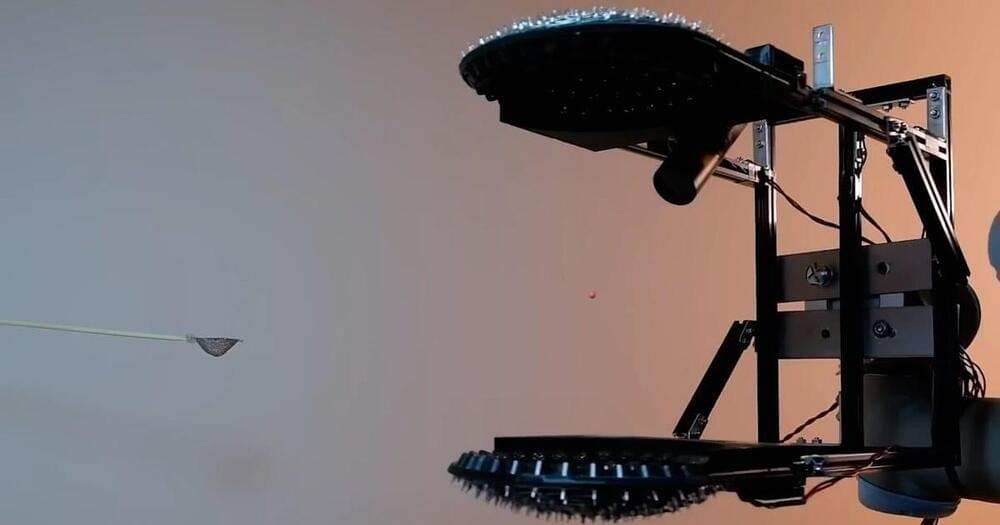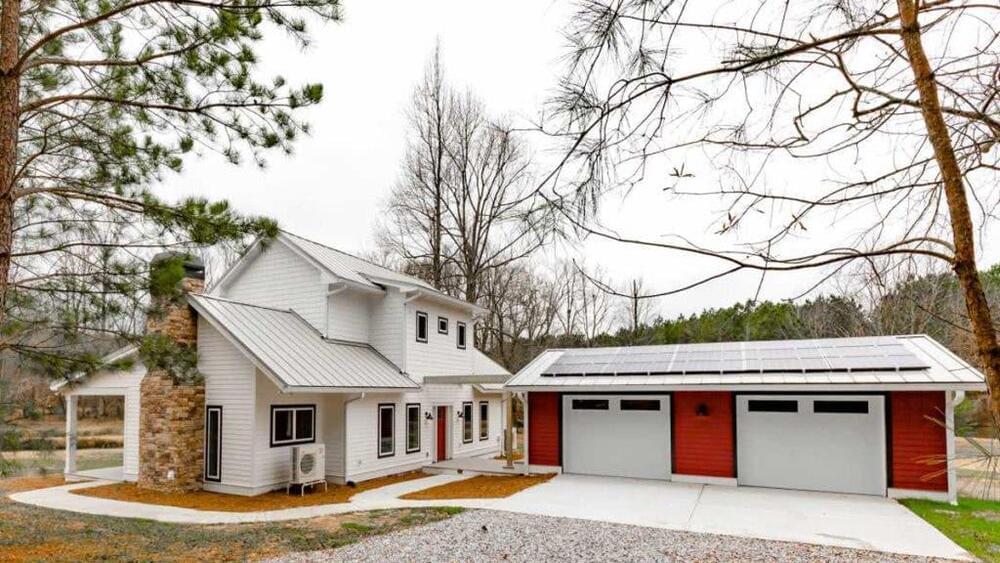China, which face population collapse due to low fertility rate, is starting to take steps to encourage more births.
China’s fertility rate is 1.1 children per woman. Replacement level to maintain a stable population size is 2.1 children per woman.
A total of 17 Chinese government departments on Tuesday jointly released a guideline on support policies in finance, tax, housing, employment, education and other fields to create a fertility-friendly society and encourage families to have more children, as the country faces growing pressure from falling birth rates.
Analysts said that it is rare to see so many ministries and departments jointly release such a detailed and comprehensive guideline on encouraging fertility and supporting childbearing, underscoring the seriousness of the growth rate of China’s population, which has slowed significantly, with a contraction expected before 2025.
Tuesday’s guideline was released to implement policies to support each couple to have a third child, push the government, institutions and individuals to fulfill their responsibilities in creating a friendly environment for marriage and fertility, and promote population growth, according to the guideline.

